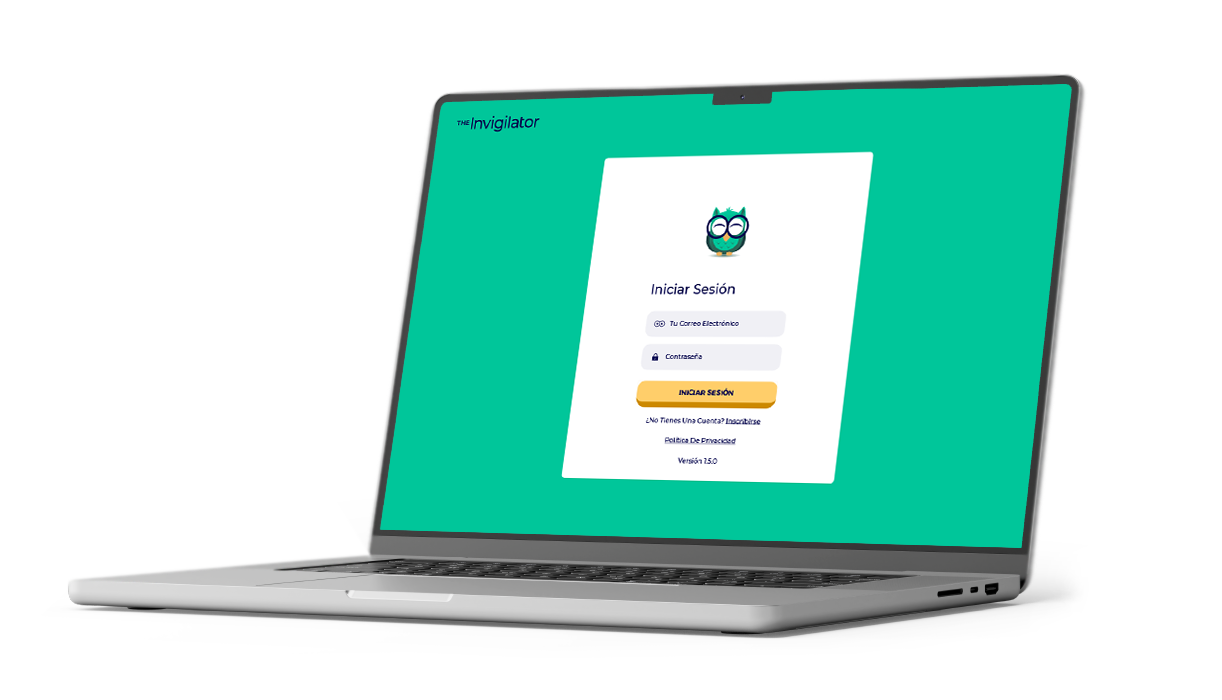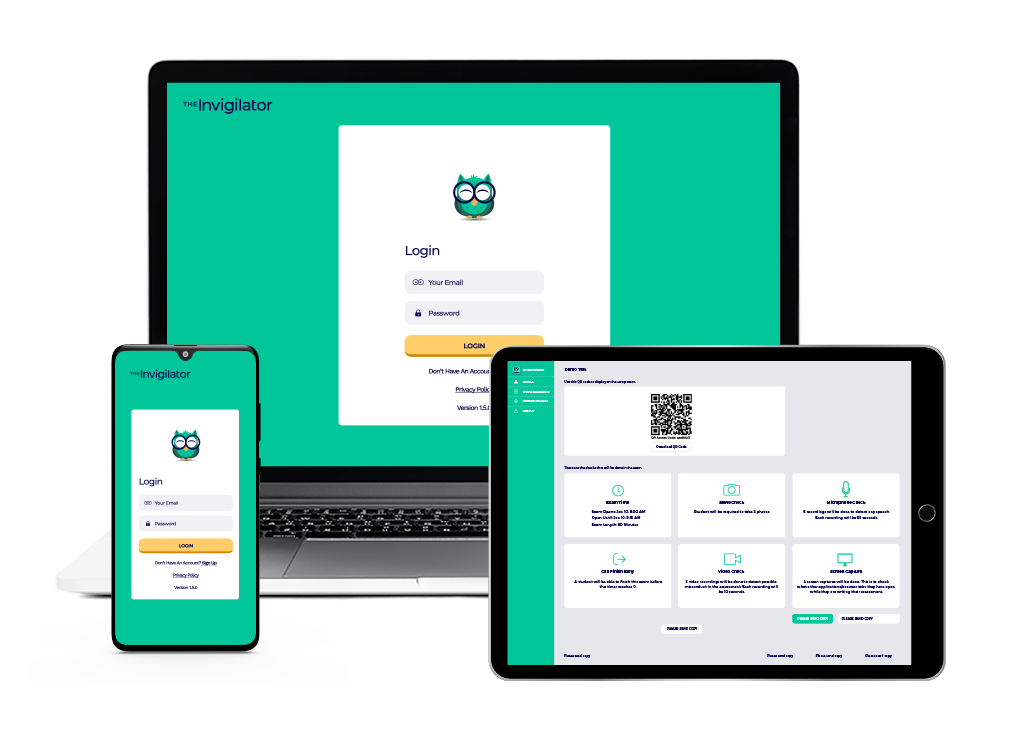The rapid evolution of technology continues to transform every facet of our lives, and education is no exception. Online education has seen a massive surge, especially in the wake of the COVID-19 pandemic, which accelerated the adoption of digital learning tools and platforms. As we move into 2024, several key trends are poised to reshape the landscape of online education, offering new opportunities for learners and educators alike. In this article, we will explore the top five trends shaping the future of online education, focusing on the advancements in e-learning and the role of education technology.
1. Artificial Intelligence in E-Learning
Artificial intelligence (AI) has become a cornerstone of many industries, and its influence on online education is growing rapidly. AI-powered tools are revolutionising e-learning by providing personalised learning experiences, automating administrative tasks, and offering real-time feedback.
Key Applications of AI in Online Education:
- Personalised Learning Paths: AI analyses student data to create customised learning paths, addressing individual strengths and weaknesses.
- Intelligent Tutoring Systems: These systems simulate a one-on-one tutor by providing real-time assistance and answering student queries.
- Automated Assessments: AI can grade assignments, quizzes, and exams, saving educators time while maintaining consistency and accuracy.
The integration of AI in education technology ensures that students receive tailored support, enhancing their learning outcomes and engagement.
2. Gamification of Learning
Gamification involves incorporating game elements, such as points, badges, and leaderboards, into educational content. This trend has proven to be highly effective in increasing student engagement and motivation, making learning more interactive and enjoyable.
Why Gamification Works:
- Enhanced Engagement: Game-like elements make learning fun, encouraging students to participate actively.
- Improved Retention: Gamification helps students retain information by presenting it in a memorable and engaging way.
- Real-Time Feedback: Students receive immediate feedback on their performance, which helps them understand their progress and areas for improvement.
Educational platforms that leverage gamification are finding new ways to keep learners motivated, particularly in subjects that students often find challenging.
3. The Rise of Microlearning
Microlearning is an e-learning trend that focuses on delivering content in small, manageable chunks. This approach caters to modern learners who prefer quick, easily digestible information that fits into their busy schedules.
Benefits of Microlearning:
- Flexibility: Students can access bite-sized lessons on-demand, making it easier to learn at their own pace.
- Increased Retention: Short lessons help learners focus on key concepts, improving retention rates.
- Mobile-Friendly: Microlearning content is often designed for mobile devices, allowing students to learn anytime, anywhere.
With the rise of microlearning, educational institutions and organisations are rethinking their course designs to better suit the needs of digital learners.
4. Virtual Reality (VR) and Augmented Reality (AR) in Education
Virtual reality (VR) and augmented reality (AR) technologies are making waves in the world of online education, providing immersive and interactive learning experiences. These technologies allow students to explore virtual environments, conduct experiments, and interact with digital objects in ways that were previously impossible.
Applications of VR and AR in Education:
- Virtual Field Trips: Students can explore historical sites, museums, and even outer space from the comfort of their homes.
- Simulated Laboratories: Science and engineering students can perform experiments in virtual labs, gaining hands-on experience without the need for physical resources.
- Interactive Lessons: AR overlays digital content onto the real world, enabling students to interact with 3D models and visualise complex concepts.
As VR and AR technologies become more accessible, their adoption in online education is expected to grow, offering students unparalleled opportunities for experiential learning.
5. Data-Driven Decision Making in Education
Data analytics is becoming an integral part of education technology, enabling institutions to make informed decisions based on real-time data. By analysing student performance, engagement, and feedback, educators can gain valuable insights into the effectiveness of their teaching methods and course content.
Key Benefits of Data-Driven Education:
- Enhanced Student Support: Educators can identify struggling students early and provide targeted interventions.
- Optimised Course Content: Data analysis helps educators refine their courses to better meet student needs and preferences.
- Improved Learning Outcomes: By leveraging data insights, institutions can enhance the overall learning experience and improve student success rates.
Data-driven decision making empowers educators to create more effective and engaging learning environments, ensuring that students receive the support they need to thrive.
The Impact of These Trends on the Future of Education
The trends outlined above are not just shaping the present but also paving the way for the future of online education. As technology continues to evolve, the lines between traditional and online learning are becoming increasingly blurred. Hybrid learning models, which combine in-person and online elements, are likely to become the norm, offering the best of both worlds.
Furthermore, the globalisation of education means that students from different parts of the world can access high-quality courses and resources, breaking down geographical barriers. Online education platforms are also playing a crucial role in promoting lifelong learning, enabling individuals to upskill and reskill throughout their careers.
Preparing for the Future: Educational institutions must embrace these trends to stay competitive and meet the evolving needs of their students. By investing in advanced education technologies and innovative teaching methods, they can provide a more engaging, effective, and inclusive learning experience.
As we look ahead to 2024, it is clear that online education is on an exciting trajectory. From AI-powered learning tools and gamified content to immersive VR experiences and data-driven decision making, the future of e-learning holds immense potential. These trends are not only enhancing the way students learn but also empowering educators to deliver more effective and engaging instruction.
For educational institutions seeking to stay ahead of the curve, adopting these innovations is essential. The Invigilator App, with its advanced proctoring solutions, is here to support institutions in ensuring the integrity of their online assessments.
Ready to take your institution’s online education to the next level? Contact The Invigilator App today to learn more about our innovative solutions for secure and reliable online assessments. Visit our Contact Page to get started!
FAQs and Answers
- What are the top trends shaping online education in 2024?
The top trends include artificial intelligence in e-learning, gamification of learning, microlearning, virtual reality (VR) and augmented reality (AR) technologies, and data-driven decision making. - How does AI improve online education?
AI enhances online education by offering personalised learning paths, automating administrative tasks, and providing intelligent tutoring systems and automated assessments. - What is gamification in education?
Gamification involves using game elements like points, badges, and leaderboards to make learning interactive, engaging, and enjoyable for students. - What is microlearning, and why is it effective?
Microlearning delivers content in small, manageable chunks, improving retention and flexibility by allowing students to learn at their own pace. - How are VR and AR used in online education?
VR and AR provide immersive learning experiences through virtual field trips, simulated laboratories, and interactive lessons with 3D models. - Why is data-driven decision making important in education?
Data analytics helps educators optimise course content, provide targeted support to struggling students, and improve overall learning outcomes. - What is the impact of these trends on education?
These trends are breaking down geographical barriers, promoting lifelong learning, and creating hybrid models combining traditional and online learning. - How does gamification enhance learning retention?
Gamification improves retention by presenting information in an interactive and memorable way, making learning more engaging. - What role does The Invigilator App play in online education?
The Invigilator App provides advanced proctoring solutions, ensuring secure and reliable online assessments for educational institutions. - What is the future of online education?
The future lies in hybrid learning models, AI-powered tools, immersive VR experiences, and data-driven strategies for more effective and inclusive education.









